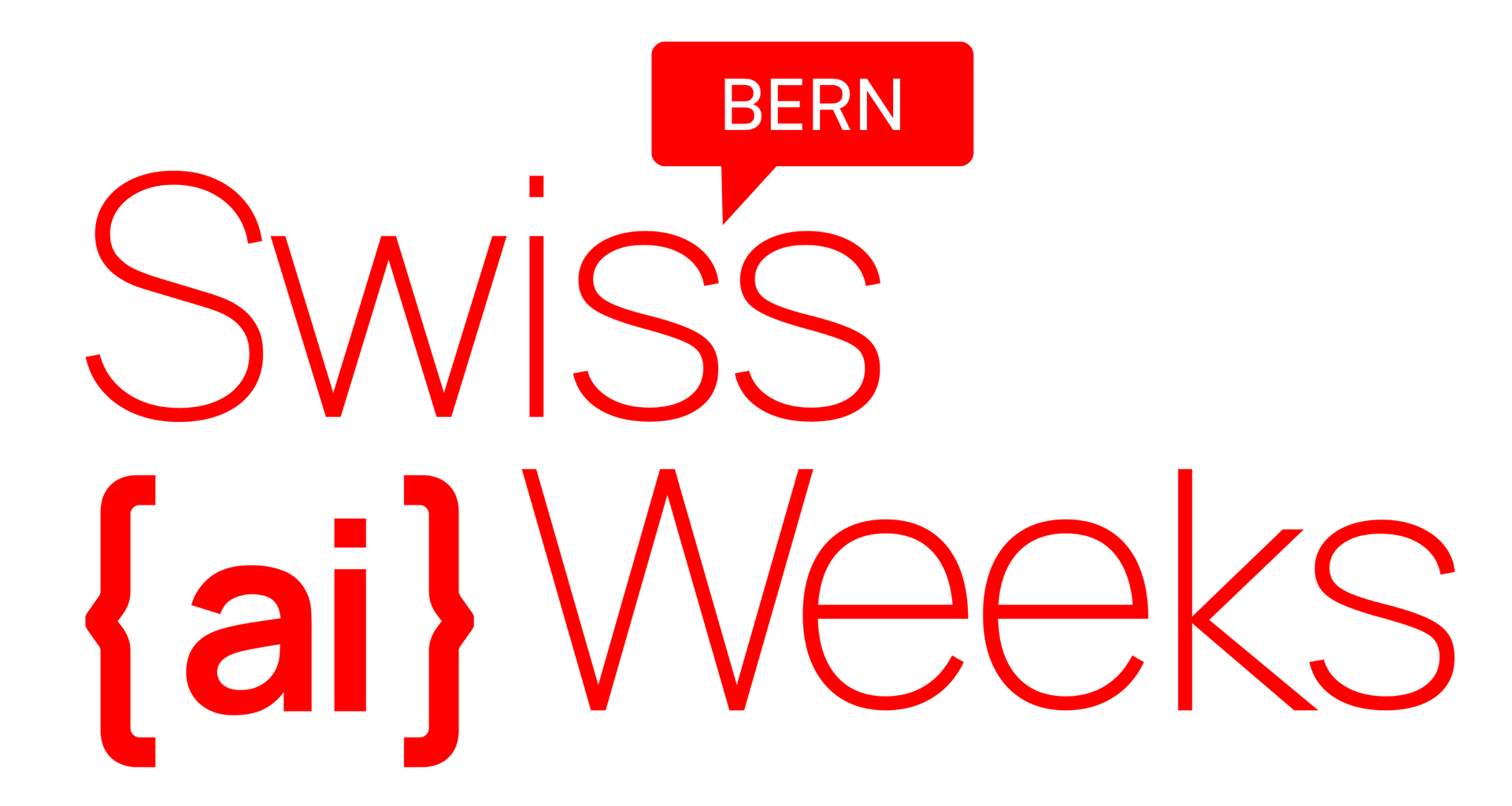Automated 3D reconstruction
A challenge inspired by the "Bern in Minecraft" project at Data Hackdays BE. Our task is to use AI to evaluate and improve the LIDAR 3D scans of environments in the City of Bern and other locations in the Canton. Such digital twins could be used for art and video games, as well as more 'serious' uses like city planning and emergency services. Demonstrate that AI can learn from and augment our capabilities in making use of this complex data source.
Presentation above from the "Bern in Minecraft" team at Data Hackdays BE 2025.
🅰️ℹ️ Generated with MISTRAL24B
We're excited to explore the potential of AI in enhancing LIDAR 3D scans of environments. Our goal is to create digital twins that can be used for various applications, from art and video games to city planning and emergency services. To start, form a balanced team with diverse skills. Assign roles based on strengths, ensuring everyone has a voice. Begin with brainstorming sessions to understand the project's scope and define clear objectives. Use design thinking to empathize with potential users and identify key issues to address.
Example Datasets and Resources
- LIDAR Data: High-resolution 3D point cloud data of Bern and other locations in the Canton.
- Geospatial Data: Maps, satellite imagery, and other geospatial information to complement LIDAR data.
- Historical Data: Archives and historical maps to understand the evolution of the city.
- AI Models: Pre-trained models for 3D reconstruction, object detection, and semantic segmentation.
- Software Tools: Blender, Unity, or Unreal Engine for 3D modeling and game development.
- APIs: Access to APIs for integrating real-time data and enhancing interactivity.
Skills Involved
- Data Scientists: To clean, preprocess, and analyze LIDAR data.
- Machine Learning Engineers: To develop and train AI models for 3D reconstruction and enhancement.
- 3D Artists/Designers: To create visually appealing and accurate digital twins.
- Software Developers: To integrate AI models into user-friendly applications.
- Geospatial Experts: To provide insights into spatial data and ensure accuracy.
- City Planners/Urbanists: To offer perspectives on the practical applications of digital twins.
- Game Developers: To explore the potential of digital twins in interactive experiences.
- Emergency Services Professionals: To understand the needs and constraints of using digital twins in emergency situations.
- Artists: To explore the creative potential of digital twins in art installations and exhibitions.
- Collaboration and Communication Skills: To work effectively in a team, share ideas, and ensure fairness in decision-making.
Previous
Hackathon Bern
